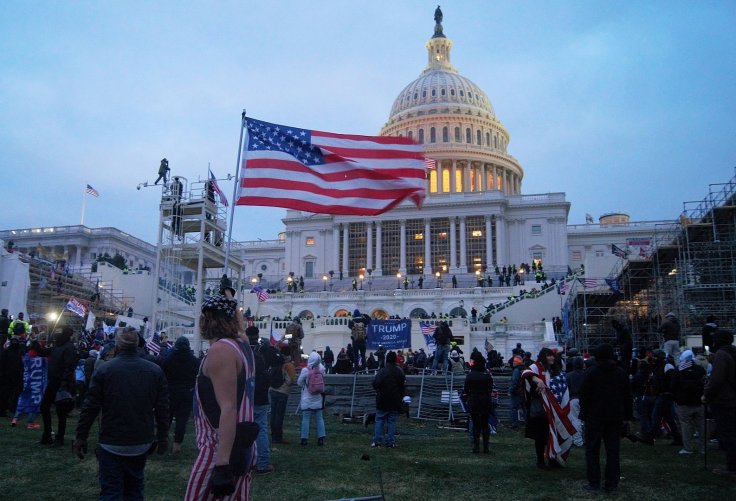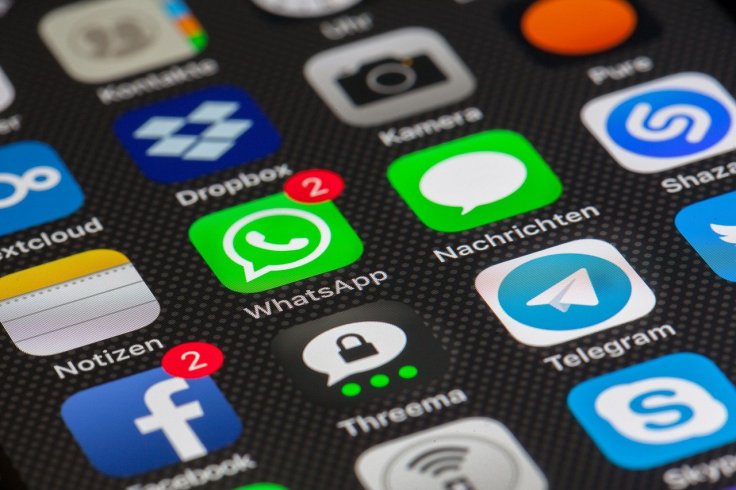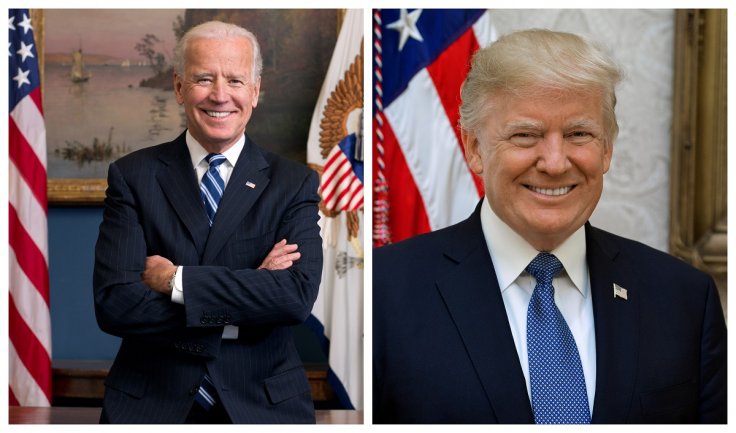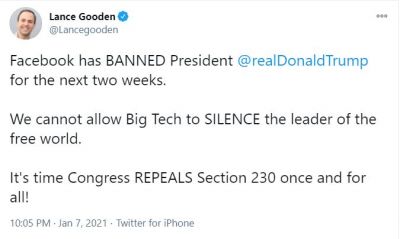For a long time, social media giants have evaded any responsibility regarding content on their platforms. It has enabled malicious actors to spread misinformation and hate speech with little to no consequences. While all social media platforms self-moderate the contents, many escape scrutiny to reach thousands of users. The storming of the US Capitol by pro-Trump supporters on January 6 was one great example of how things could go wrong.
Many supporters of US President Donald Trump, who attended the protest against alleged election fraud at the US Capitol, coordinated their actions on Parler, a social media platform that has become popular amongst the right-wing groups. Many actively talked about gun violence on Parler before the protest.
Even though Facebook, Twitter and YouTube with a larger audience than Parler took action against many infuriating posts, including President Trump's video address where he said he loved his supporters even though they had violated law and order, it was too late. That brings to the question, should the platforms not be held responsible?

Hiding Behind First Amendment
While many believe that they should be held accountable, social media companies have hidden behind the First Amendment of the US Constitution that protects free speech and freedom of expression. The social media platforms with algorithms that aim to facilitate audience engagement have been responsible for spreading hate speech and conspiracy theories, even though unintended.
Many studies have shown how YouTube algorithms favor conspiracy theories, recommending videos related to certain topics like the 9/11 attack or JFK assassination. While all these platforms say they are in favor of the First Amendment that protects free speech and freedom of expression, they cannot evade the responsibility of instigating riots.
Hundreds of conspiracy theories related to fraud in the 2020 Presidential Election circulated on all these platforms, leading to the violent Capitol Hill protest. Before that, misinformation related to COVID-19 and vaccine spread like wildfire for months before they were banned or labeled by the platforms.

Virginia Senator Mark Warner, who is the vice-chairman of the Senate Intelligence Committee, called the social media companies "collaborators" who facilitated the violence that could have been suppressed weeks ago. "The collaborators include some of the wealthiest companies in our country. The Facebooks, the Twitters, the Googles who allow this kind of disinformation. Their 11th hour move to take down Trump's Twitter or Facebook page is way too little, too late," Warner said in a panel on cybersecurity on Thursday.
Section 230
However, the main culprit here is Section 230 of the Communications Decency Act (1996). It shields internet companies from any legal liability arising from content on their platforms. By definition, prosecutors cannot hold any internet company — social media platforms, online news outlets and forums — responsible for any comment.
While President Trump has been a vocal critic of the act and has urged Republican lawmakers to scrap it completely, his motives are different. He has accused Facebook and Twitter of silencing conservative voices and "shadow banning" their posts. Trump even vetoed the National Defense Authorization Act after lawmakers failed to address revoking Section 230. But the House bypassed the veto with two-thirds of majority.

He is not alone among Republicans, though. Texas Senator Ted Cruz also spoke about repealing Section 230 in the wake of Facebook and Twitter limiting the reach of Hunter Biden's story by the New York Post.
Bipartisan Support
But after the Capitol Hill attack, repealing or at least amending Section 230 may become a possibility with bipartisan support. President-elect Joe Biden also hasn't been in the favor of the act. "The idea is that Section 230 should be revoked immediately for Zuckerberg and other platforms. It should be revoked because it is not merely an internet company. It is propagating falsehoods they know to be false," Biden said.
Now with House and Senate majority besides the presidency, Democrats could find Bipartisan support to repeal Section 230 completely, holding the platforms, including right-wing news outlets and forums like thedonald.win, responsible for spreading hate speech, conspiracy theories and violence.
"I still don't see platforms taking this seriously. It will be interesting to see if in the wake of this Democrats find a spine and do something to break up the centralized power of the platforms," said Dr Daniel Angus, a misinformation expert at the Queensland University of Technology, told ABC Australia.
Dark Side of Repealing Section 230
While repealing it would be a good initiative, there could be repercussions too. Politicians could take advantage of it by forcing platforms to keep any content. For example, gun rights groups or white supremacy groups could continue to thrive if they do not spread hate speech with political support. Even though both are problematic, they may not necessarily violate hate speech rules.






Furthermore, governments can take advantage of that by silencing dissent. During the Hong Kong protests, Arab Spring and recent Belarus protests, social media platforms played a key role in the mass mobilization against government suppression. If other countries decide to follow the US, they may find a weapon against social media platforms, banning them from hosting any content that is anti-government, like China does.








